Clive Davis has quietly built one of the most insane fortunes in entertainment history, sitting pretty at $850 million after six decades of basically printing money by discovering superstars nobody else saw coming.
Look, when you think about music industry wealth, you probably picture artists like Taylor Swift or Jay-Z counting their billions. But here's a wild fact that'll mess with your head - there's this 92-year-old guy named Clive Davis who's been pulling strings behind the scenes for decades, and his bank account is absolutely ridiculous. We're talking about a Clive Davis net worth of $850 million, and honestly? The dude deserves every penny.
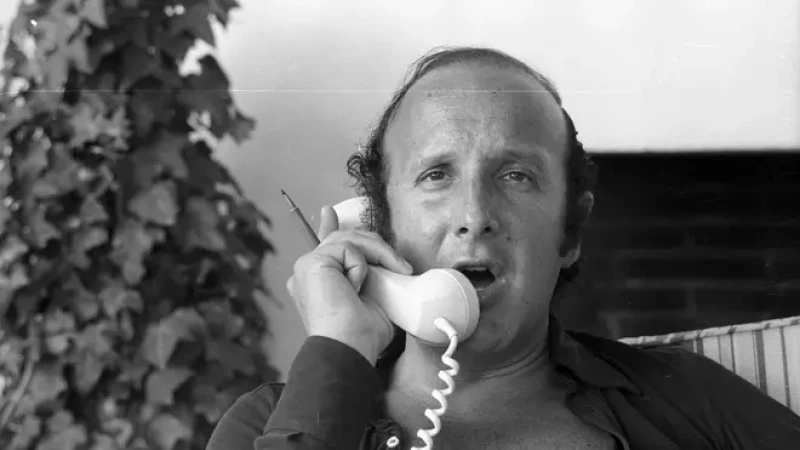
This isn't some flashy rapper showing off his chains or a pop star with a private jet collection. Davis is the guy who literally created half the legends you grew up listening to. Whitney Houston? He discovered her. Alicia Keys? Yep, that was him too. Bruce Springsteen, Aretha Franklin, Janis Joplin - the list goes on and on. Every time one of these artists dropped a platinum album, Davis was getting paid, and after six decades of hitting home runs, his wealth is just mind-blowing.
But here's what makes his story so crazy - this guy started out as a lawyer who knew absolutely nothing about music. Zero. Nada. And somehow turned that into becoming one of the richest people in entertainment. The Clive Davis net worth story isn't just about money; it's about how one person with an incredible ear for talent can literally change the entire music landscape while getting filthy rich in the process.
How a Broke Kid From Brooklyn Started Making Bank
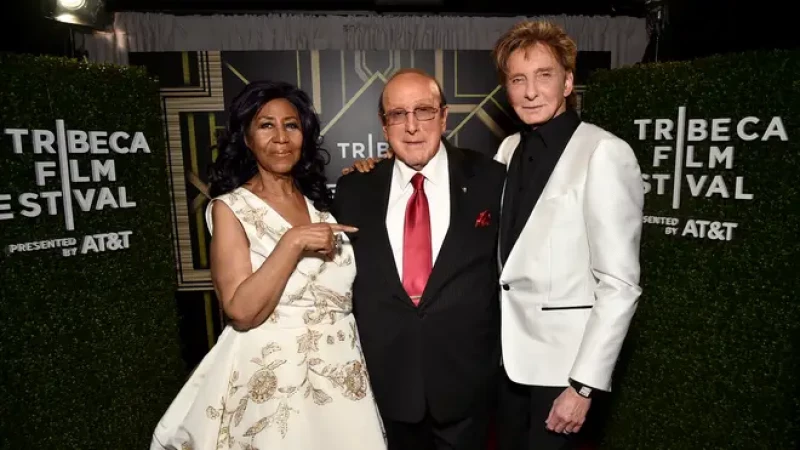
Let's get real about Davis's origin story because it's actually pretty inspiring. This wasn't some rich kid who had connections handed to him on a silver platter. When Davis was a teenager, both his parents died within two years of each other, leaving him basically orphaned with no money. Talk about starting from rock bottom.
The guy was smart though - really smart. He managed to get scholarships to both New York University and Harvard Law School, graduating in 1956. After Harvard, he did what most broke law school grads do - he found a job at a small firm in New York and started grinding it out as a regular lawyer.
But here's where it gets interesting. After two years of doing boring legal stuff, he moved to a firm called Rosenman, Colin, Kaye, Petschek, and Freund. One of the partners there, Ralph Colin, happened to represent CBS as a client. That random connection changed everything. In 1960, at age 28, Davis got hired as assistant counsel for Columbia Records, which was owned by CBS.
Nobody could have predicted that this random law job would be the starting point for building an $850 million fortune. Davis was just trying to pay his bills and maybe climb the corporate ladder a little bit. He had no clue he was about to become the most powerful person in music.
The Crazy Rise That Made Clive Davis Net Worth Explode
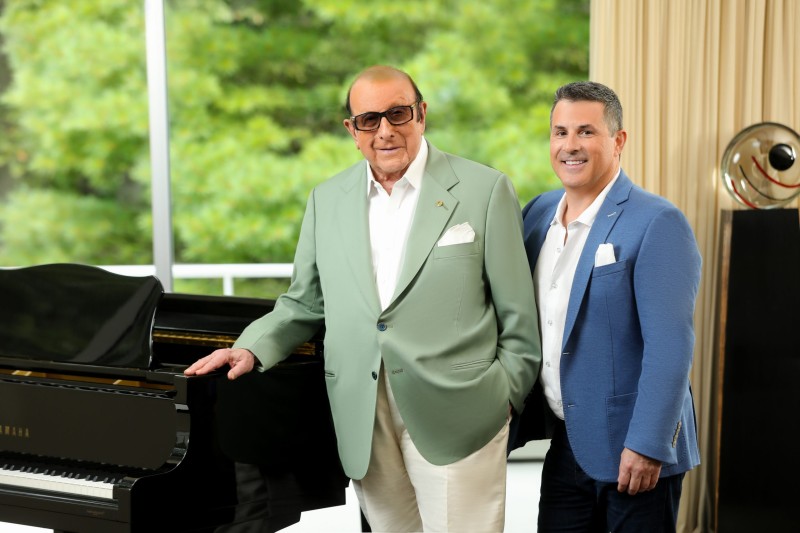
Here's where the story gets absolutely wild. Davis wasn't content just being a lawyer at a record company - he wanted to understand how the whole business worked. So he started paying attention to everything: the artists, the deals, the money flow, all of it.
By 1965, the executives at Columbia noticed this lawyer guy who seemed to really get the music business, so they promoted him to administrative vice president and general manager. Then in 1967 - boom! - they made him president of CBS Records at age 35. That was when his salary started getting serious.
Get this - by 1972, Davis was pulling in over $350,000 a year in salary and benefits, which in today's money would be like making $2.5 million annually. Not bad for a guy who started out filing legal paperwork! Under his leadership, CBS Records was absolutely crushing it, grabbing 22% of the entire record market and generating $340 million in sales.
But then 1973 happened, and everything went sideways. CBS fired Davis, claiming he used company money for personal stuff like his son's bar mitzvah. Davis said that was nonsense, but he was out. Most people would've been devastated, but Davis? He saw it as an opportunity to build something even bigger.
When Davis Hit His Peak and Current Money Situation
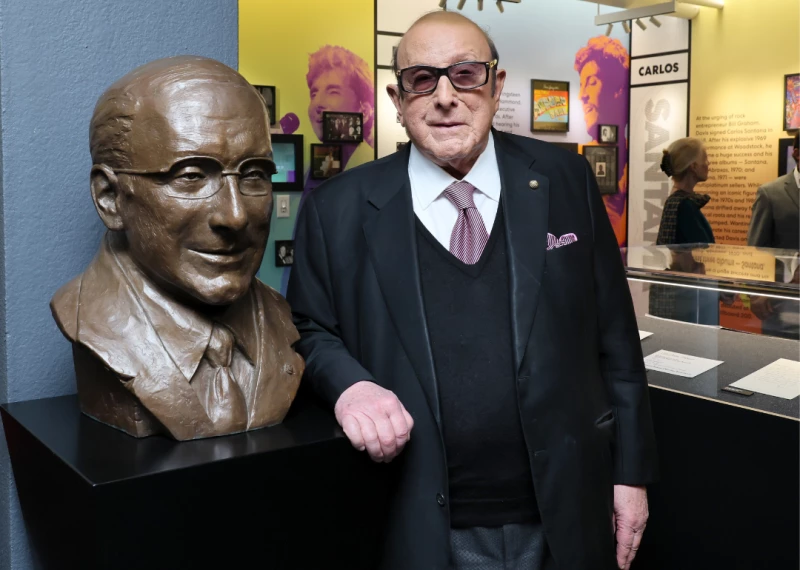
This is where the Clive Davis net worth story gets really insane. Instead of crying about getting fired, Davis decided to start his own record label. In 1974, he founded Arista Records, and within three months, he had his first #1 hit with Barry Manilow's "Mandy."
But that was just the warm-up. Over the next few decades at Arista, Davis basically became the king of discovering superstars. He signed Whitney Houston when she was just 19 years old - nobody else really wanted her, but Davis heard something special. Her debut album? Sold over 10 million copies. Alicia Keys? Another Davis discovery whose first album "Songs in A Minor" sold 10 million copies and swept the Grammys.
The money kept piling up. Every platinum album, every Grammy winner, every chart-topper meant more royalties and bonuses flowing into Davis's accounts. By the time he was running multiple labels and had deals all over the industry, his wealth was growing exponentially.
Today, at 92 years old, Davis is still working as Chief Creative Officer at Sony Music Entertainment, which means he's still getting paid big bucks. His current net worth sits somewhere between $850-900 million, and that's not even counting all his side investments.
Speaking of investments, this guy is smart with his money. He owns a sick art collection featuring works by Picasso and Chagall that's worth around $100 million by itself. Plus he founded his own private equity firm called Park Royal Capital that focuses on commercial real estate. The dude knows how to make money work for him.
Davis's Secret Formula for Getting Rich - His Best Success Tips
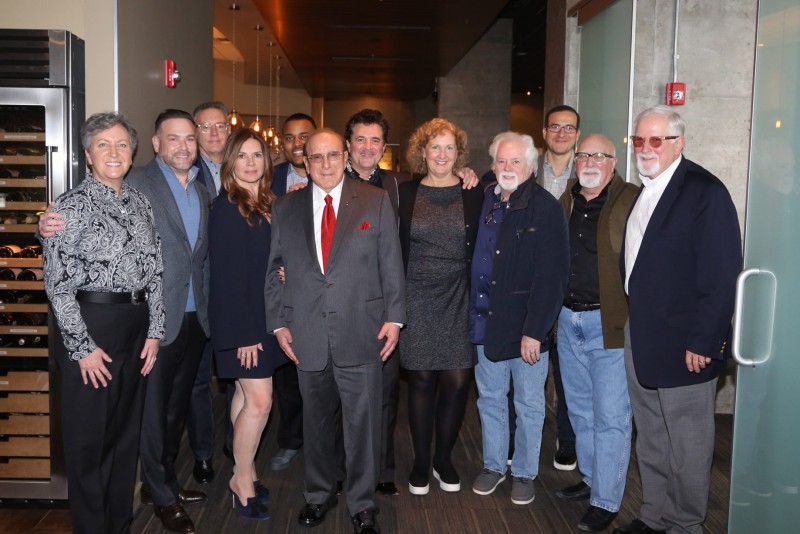
So what's the real secret behind building a Clive Davis net worth this massive? Lucky for us, the man himself has dropped some serious wisdom over the years about what it takes to make it big.
- First thing Davis always talks about is jumping on opportunities when they show up. "You've got to seize the opportunity if it is presented to you," he says, and man, did he live by that rule. Every time he spotted talent that others missed, he moved fast. No hesitation, no second-guessing - just pure action.
- Another huge part of his success philosophy is thinking long-term instead of chasing quick wins. Davis loves pointing out how artists like Rod Stewart and Carlos Santana kept reinventing themselves and staying relevant for decades. "It shows in this trendy business how long a career can last. It shows how you can soar back, regardless of age." That mindset kept him making money while other executives burned out.
- Here's something wild - Davis says his incredible ear for music was basically an accident. "I did not develop my ear. I discovered I had an ear, and it was an accident." But once he realized he had this gift, he leveraged the hell out of it. The lesson? Figure out what you're naturally good at and turn it into your biggest asset.
- Davis is also big on passion driving everything you do. "I am passionate about music and my work to the bottom of my very soul," he's said multiple times. That wasn't just feel-good talk - that genuine love for the business kept him grinding through both the awesome times and the brutal setbacks.
- One of his smartest business principles is about managing risk and budgets. "Every record doesn't have to be a home run, but if you think a record can only sell 100,000 copies, then only spend $50,000 making it." This approach let him take chances on new artists without betting the farm every time.
- But maybe the most important thing Davis teaches is that success isn't about getting lucky once. "History doesn't repeat. It's not automatic. The challenge is to keep doing it. To keep doing it well." Building real wealth means showing up consistently and staying excellent year after year.
The bottom line? Davis built his $850 million fortune by combining natural talent with an insane work ethic, smart money moves, and never losing his love for discovering the next big thing. His story proves that if you find something you're genuinely great at and you stay hungry for decades, the money will eventually follow - and in his case, it followed to the tune of nearly a billion dollars.
 Peter Smith
Peter Smith
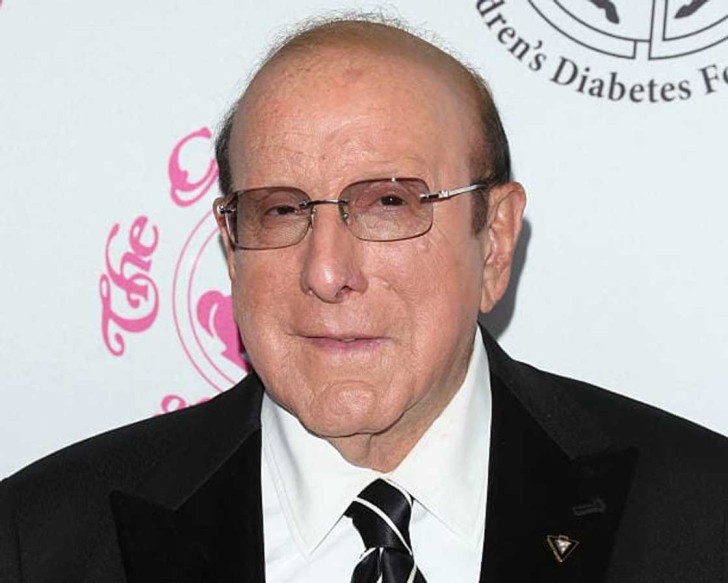
 Peter Smith
Peter Smith


